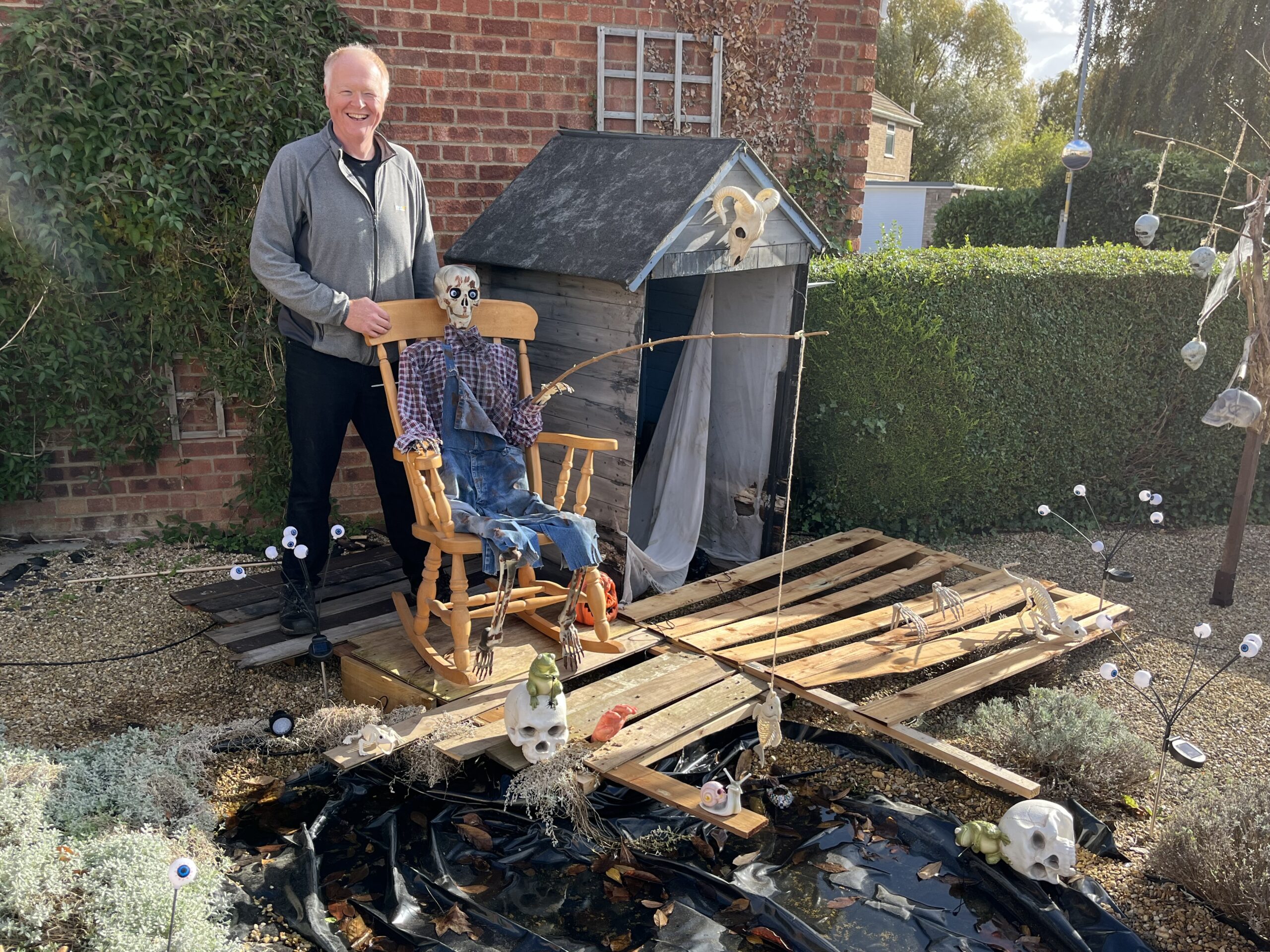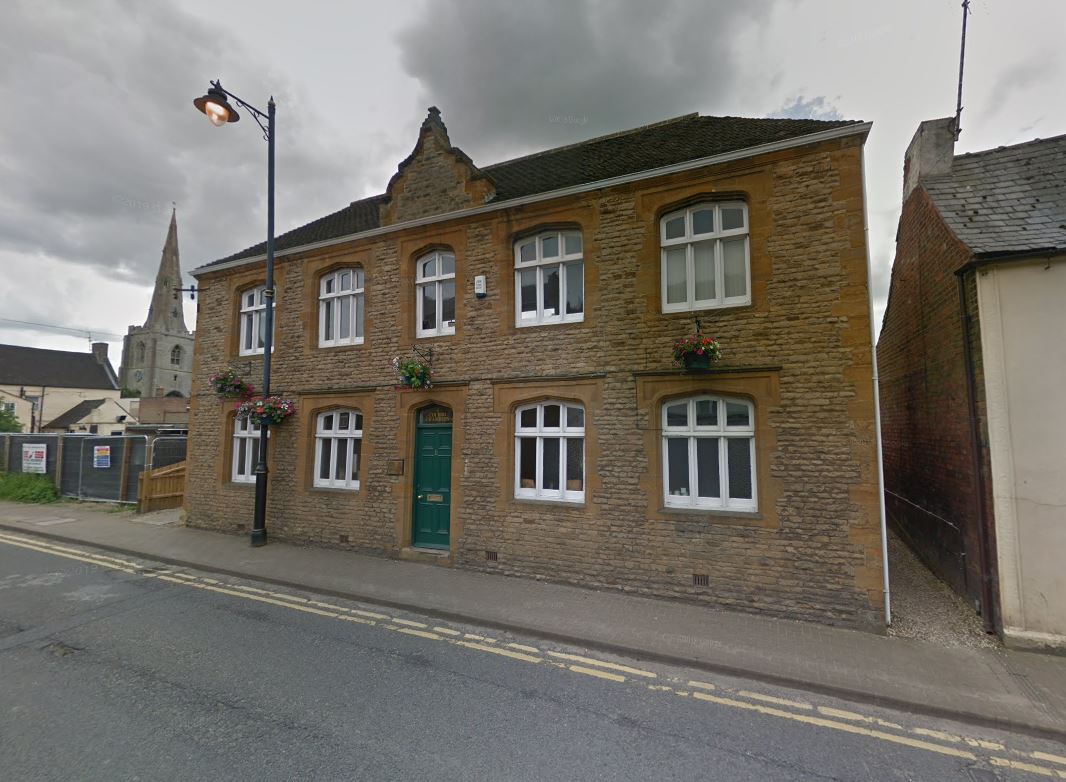The emergency department at Pilgrim Hospital in Boston has been rated inadequate in all four categories by the Care Quality Commission.
The report from an unannounced CQC inspection of the hospital, which is run by United Lincolnshire Hospitals NHS Trust, published today has resulted in the CQC taking urgent enforcment action and imposing conditions to improve the “quality and safety of care for patients”.
It was rated inadequate for under the following categories: “Safe”, “Caring”, “Responsive” and “Well-led”.
The report summary states it found the department was “too small for the number of patients attending”.
It said this impacted the management of patient flow and “resulted in patients being treated in corridors or the central space of the department and having their dignity compromised”.
Observing the way the department was run, the report said: “Leaders lacked the skills and abilities to run the service. Poor clinical leadership resulted in poor situational awareness when risks within the service increased.”
“The department was not compliant with several standards”, it continues.
Patients were triaged in line with national guidance but some faced “considerable” wait times before being clinically assessed and treated”.
Inspectors found the service did not have enough permanent nursing or medical staff “with the right qualifications, skills, training and experience to keep patients safe from avoidable harm and to provide the right care and treatment, relying on substantial numbers of bank and agency staff”.
One example given is the lack of a specialist paediatric emergency medicine consultant, “despite the department seeing around 10,000 children per year”.
It was also reported that “some staff did not treat patients with compassion and kindness nor did they respect their privacy and dignity.”
It continued: “The crowded nature of the department resulted in some conversations taking place with other patients present.”
Overall it stated there were long delays in accessing emergency care and treatment and “local leaders did not fully understand or manage the priorities and issues the service faced; they continued to not be able to find sustainable long-term solutions”.
The lack of a “specific vision at service level” was criticised in the report, which identified the following areas it must improve “to comply with its legal obligations”:
- Ensure ambulance handovers are timely and effective
- Ensure all patients are assessed in a timely manner and ensure that patients recieve assessment and treatment in appropriate environments and within defined timescales
- Ensure that consultant and nurse cover in the department meets national guidelines
- Full implement the trust wide actions to reduce overcrowding in the department
- Ensure the privacy and dignity of patients recieving care and treatment in the emergency department is maintained at all times
Commenting on the report, UNISON East Midlands regional organiser Elliot Dean said:
“The ‘inadequate’ rating given doesn’t reflect the hard work of staff across the organisation trying to deliver the highest quality care possible.
“They’re being asked to work in incredibly difficult circumstances with many saying they’ve reached breaking point.
“Senior managers at the trust must take responsibility for the poor results and have to work in partnership with staff to turn things around.
“The trust must now actively listen to these workers to develop long-term solutions focused on delivering quality care rather than saving money.
“The NHS across Lincolnshire urgently needs extra funding to boost staff numbers on the wards, as well as making much-needed investment in buildings. As demand for critical care continues to soar, the NHS must increase its bed and staffing numbers in order to cope.
“Failure to act urgently puts the quality of care at risk for a generation.”







